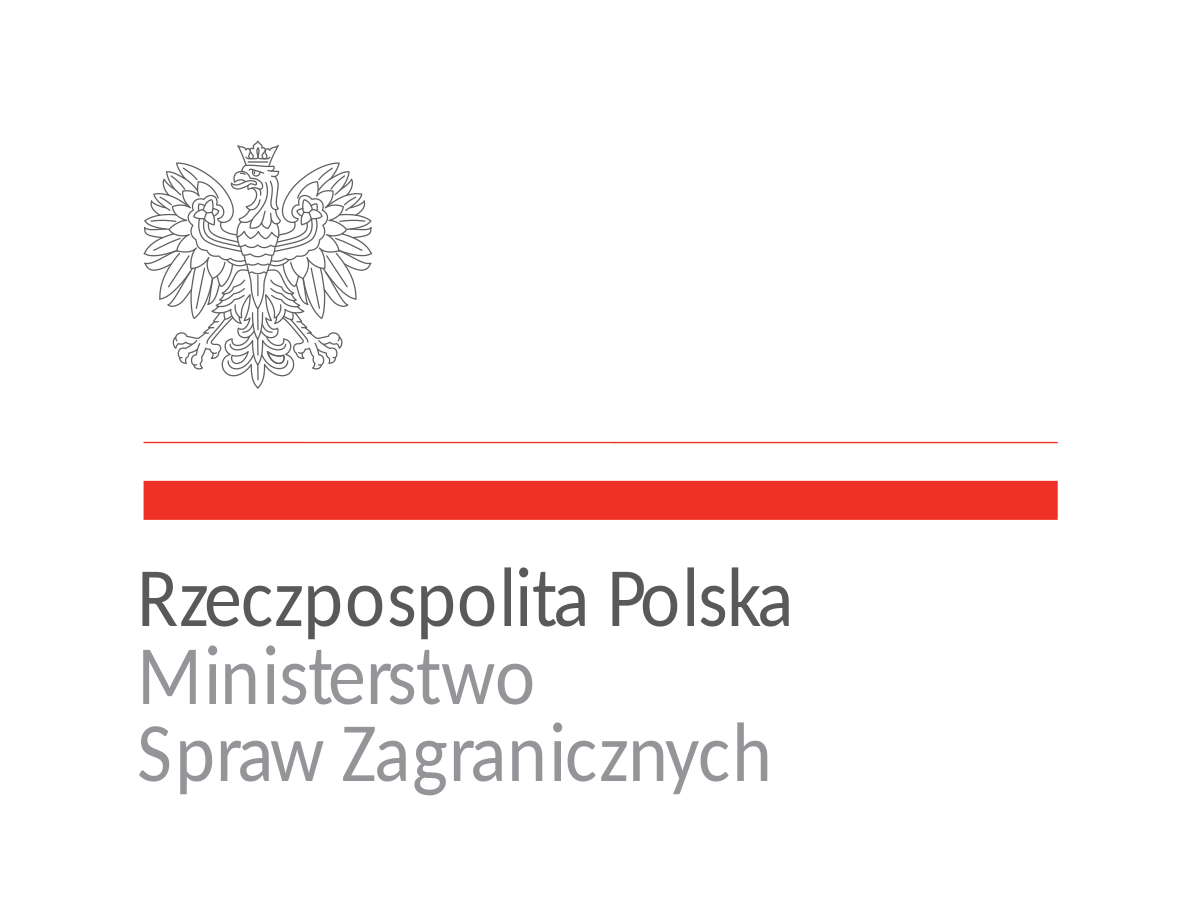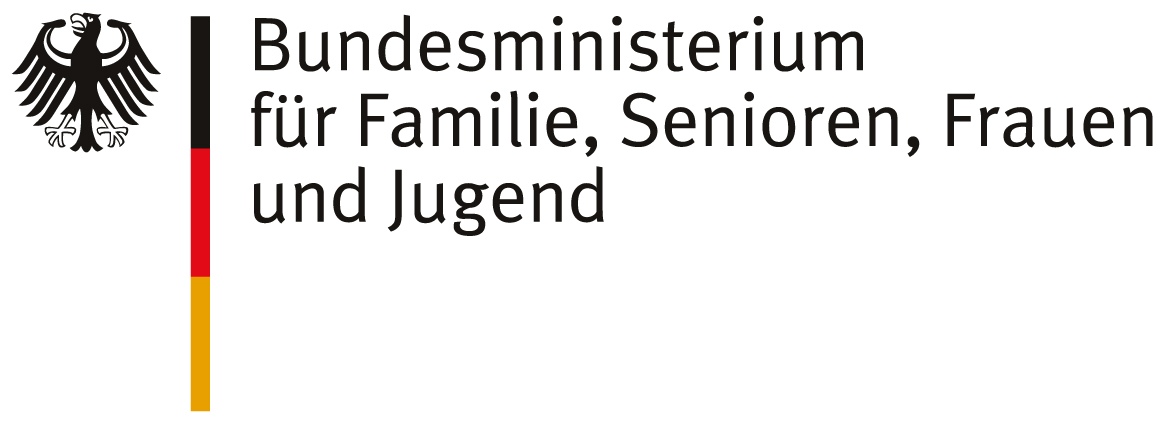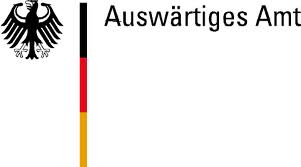From 1st to 4th February in Krzyżowa, and from 5th to 8th February in Wrocław, team of the Krzyżowa Foundation and the Slovak organisation Post Bellum recorded interviews with witnesses to history.
The interviews were conducted, among others, with the inhabitants of Krzyżowa, Świdnica and Wrocław, who actively participated in the anti-communist opposition, the June elections and were involved in the process of Polish-German reconciliation.
The recordings were produced as part of the international project "30 Years After the Fall of the Iron Curtain". Its aim is to look at the experience of 1989 - the year in which the Iron Curtain collapsed - in selected countries of Central and Eastern Europe.
The possibility to refer to the memories of direct witnesses of events is an extremely valuable supplement to the findings prepared by historians. It gives an opportunity to go beyond the "great history" and look at a given event from the perspective of more or less engaged observers.
Reports of witnesses to history are supposed to show young people not so much about the events of 1989 as about the hopes connected with the changes taking place in Poland, as well as in the whole Eastern Bloc. - The project coordinator, Dr. Tomasz Skonieczny from the European Academy of the Krzyżowa Foundation, explained the project coordinator. - The memories we record also show the consequences of these changes - not on a political scale, but in the lives of individual people (both those strongly involved in the process of democratization of Poland and those who were not active actors at the turn of 1989).
In the project agreed to take part: Bishop Ryszard Bogusz, Maria Woś, Janusz Witt, Adolf Juzwenko, Bolesław Marciniszyn and Rafał Bubnicki .
The memories collected within the project will be made available on the Memory of Nations portal (www.memoryofnations.eu), where there are already over 3000 memories of witnesses to history from all over Central Europe, and will be used during educational workshops with drama elements addressed to students from Poland, the Czech Republic, Slovakia and Romania.
Within the framework of the project, the Krzyżowa Foundation for Mutual Understanding in Europe cooperates with organizations: Post Bellum SK (Slovakia), Post Bellum CZ (Czech Republic) and Comuna Victoria (Romania).










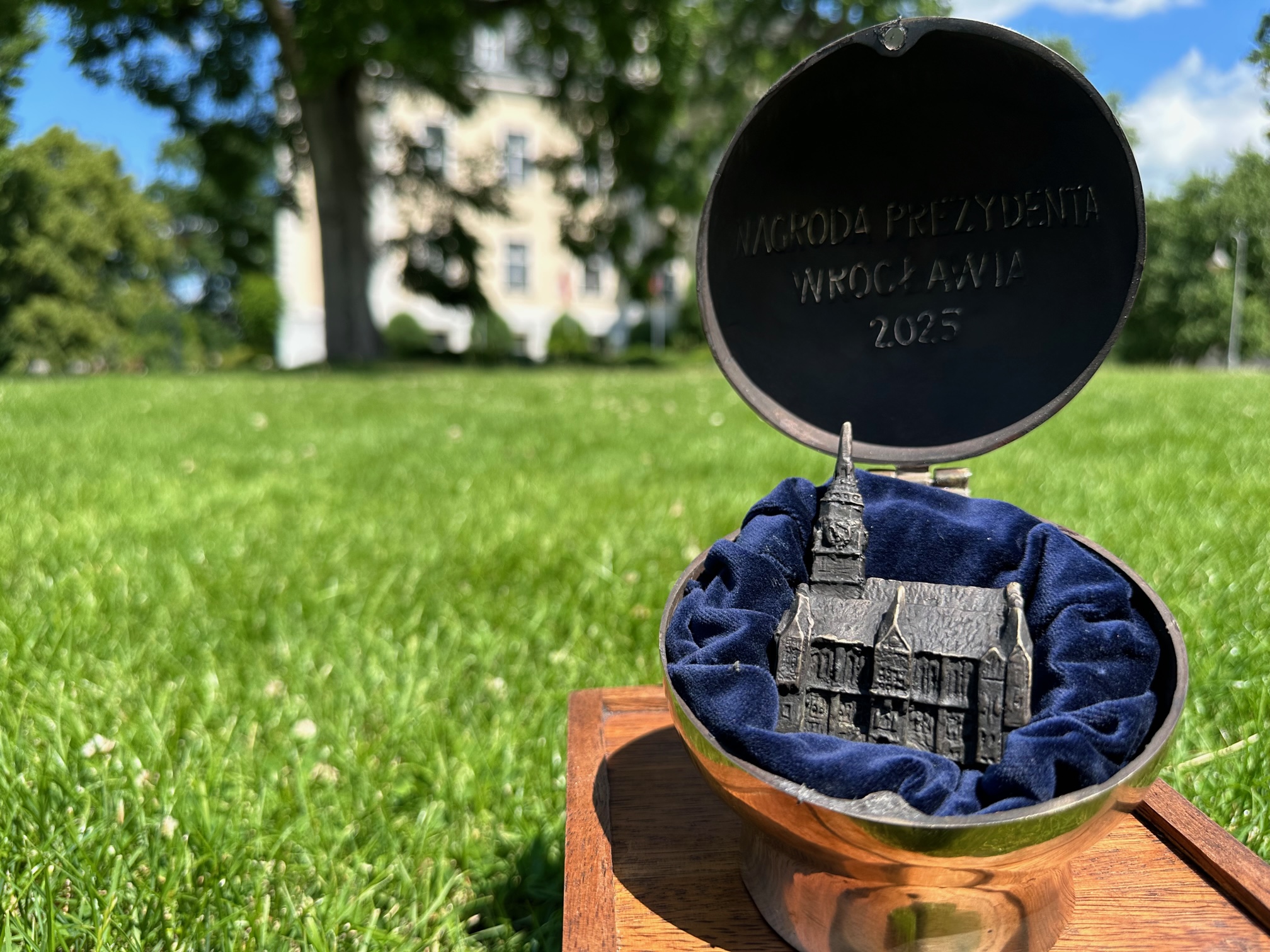
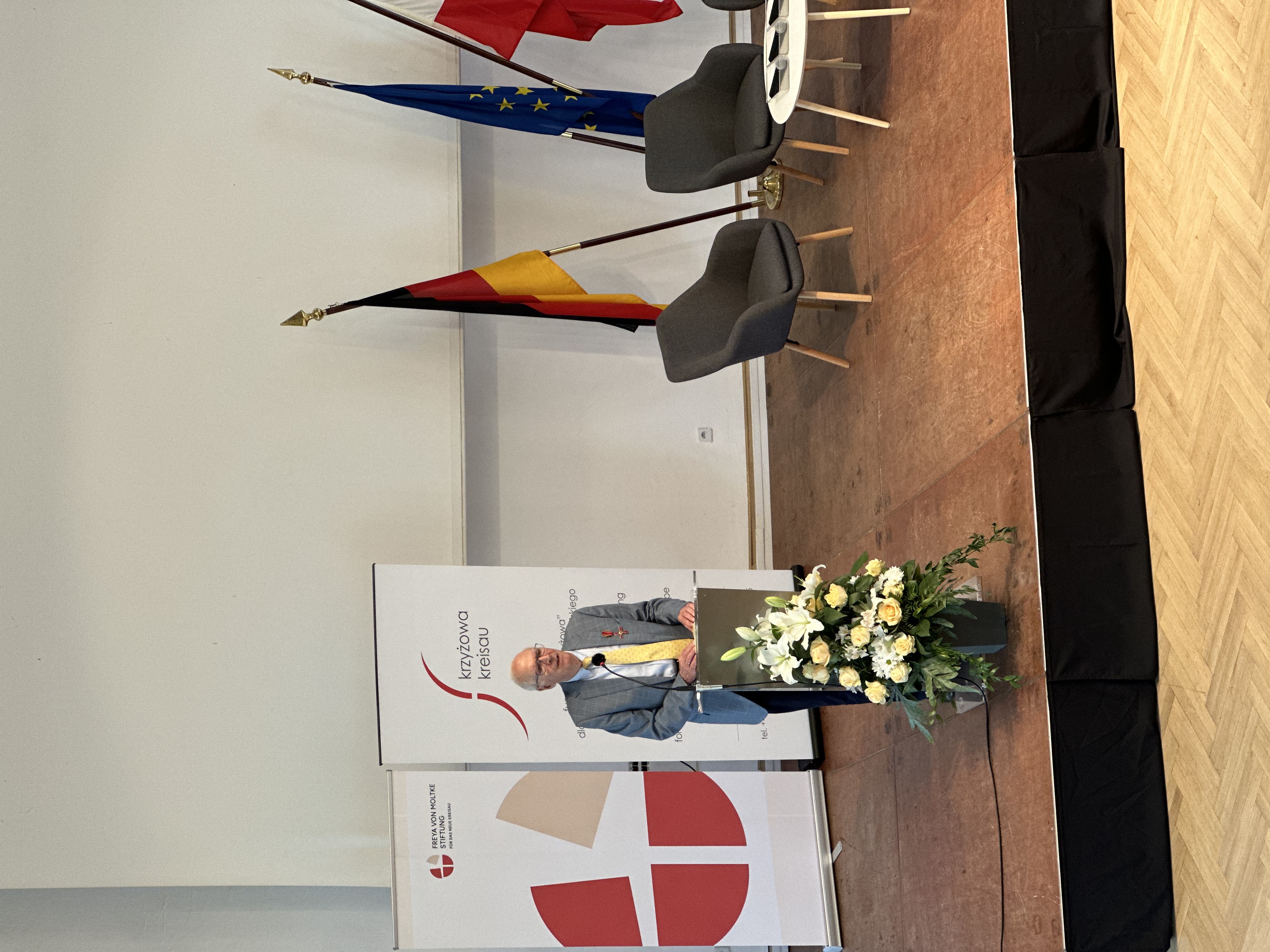

.png)
 (Copy).jpg)
.jpg)
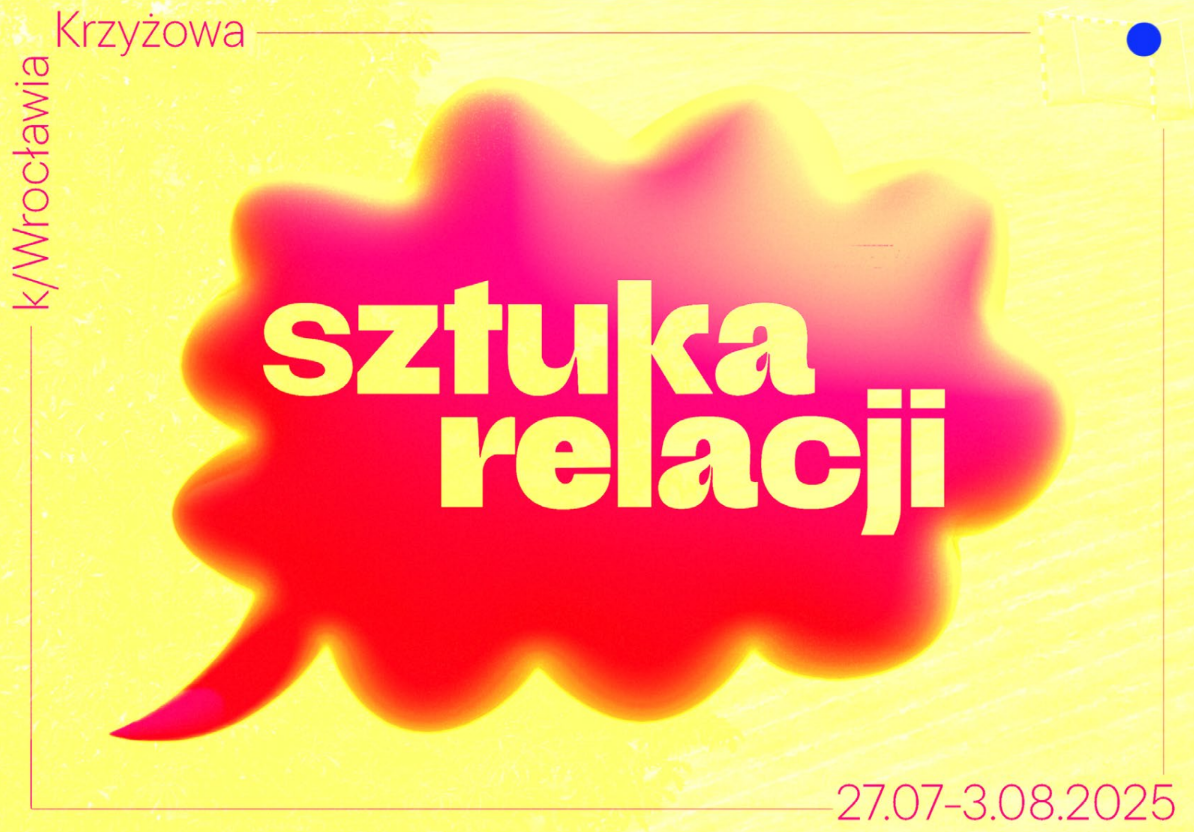

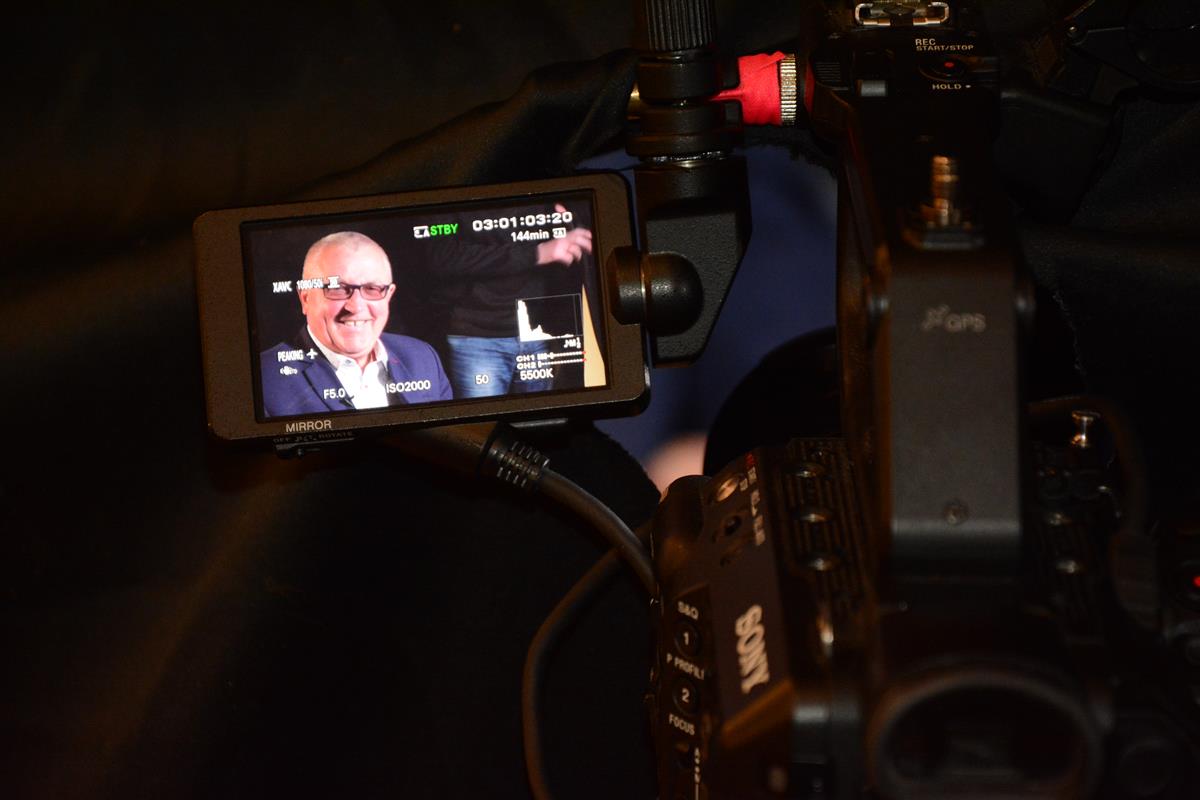
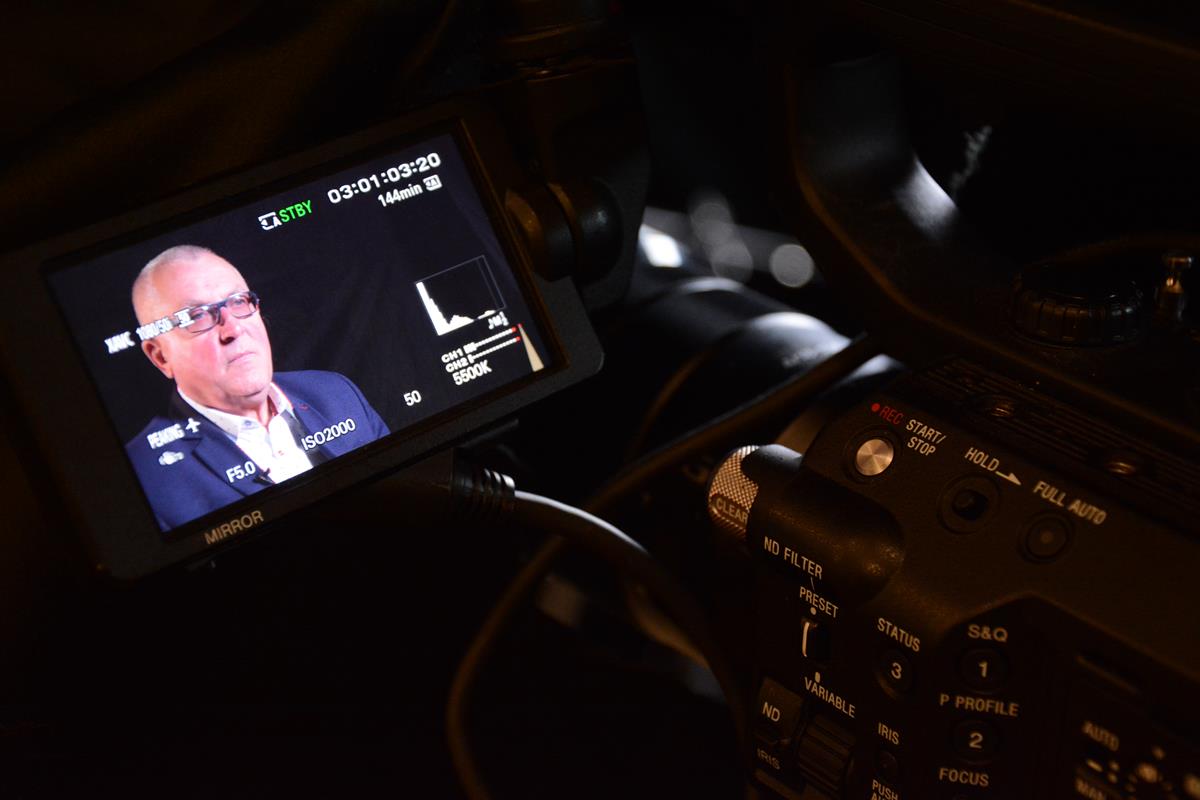
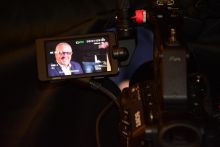
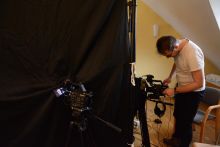
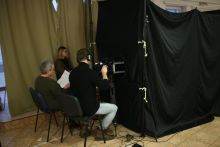
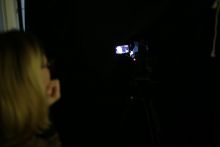
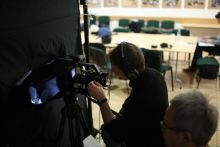
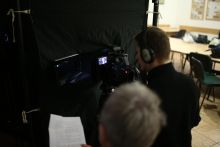
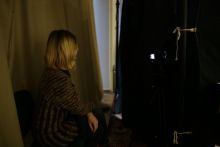
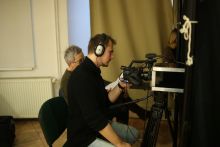
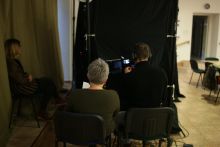
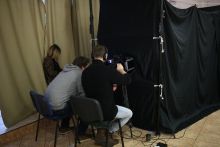
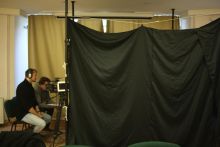
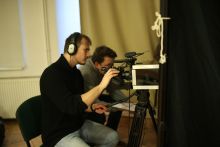
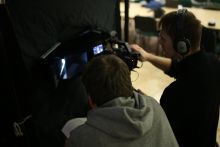
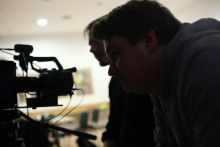



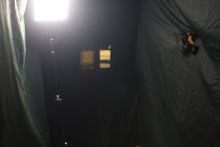
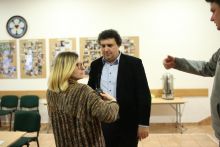
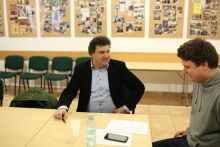
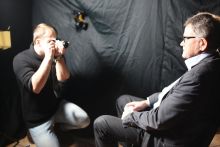
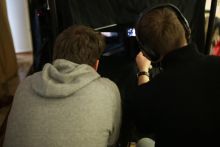
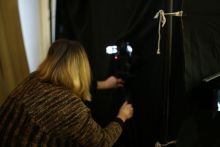
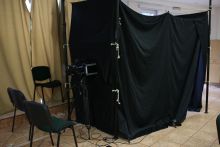
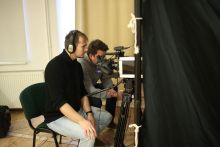
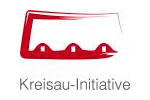
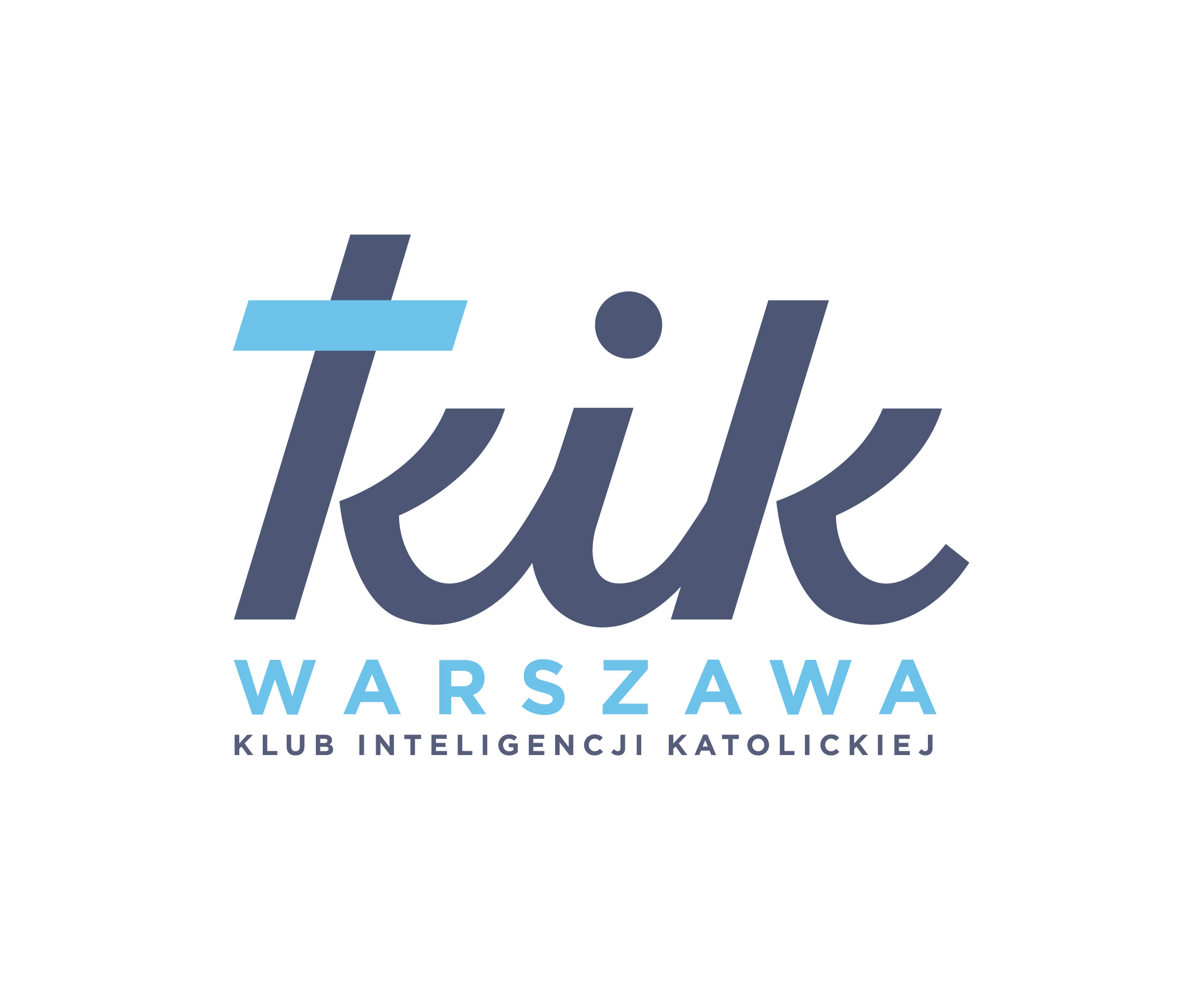
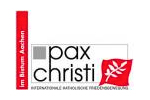
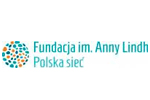
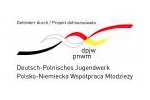
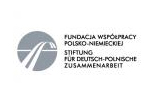

.jpg)




